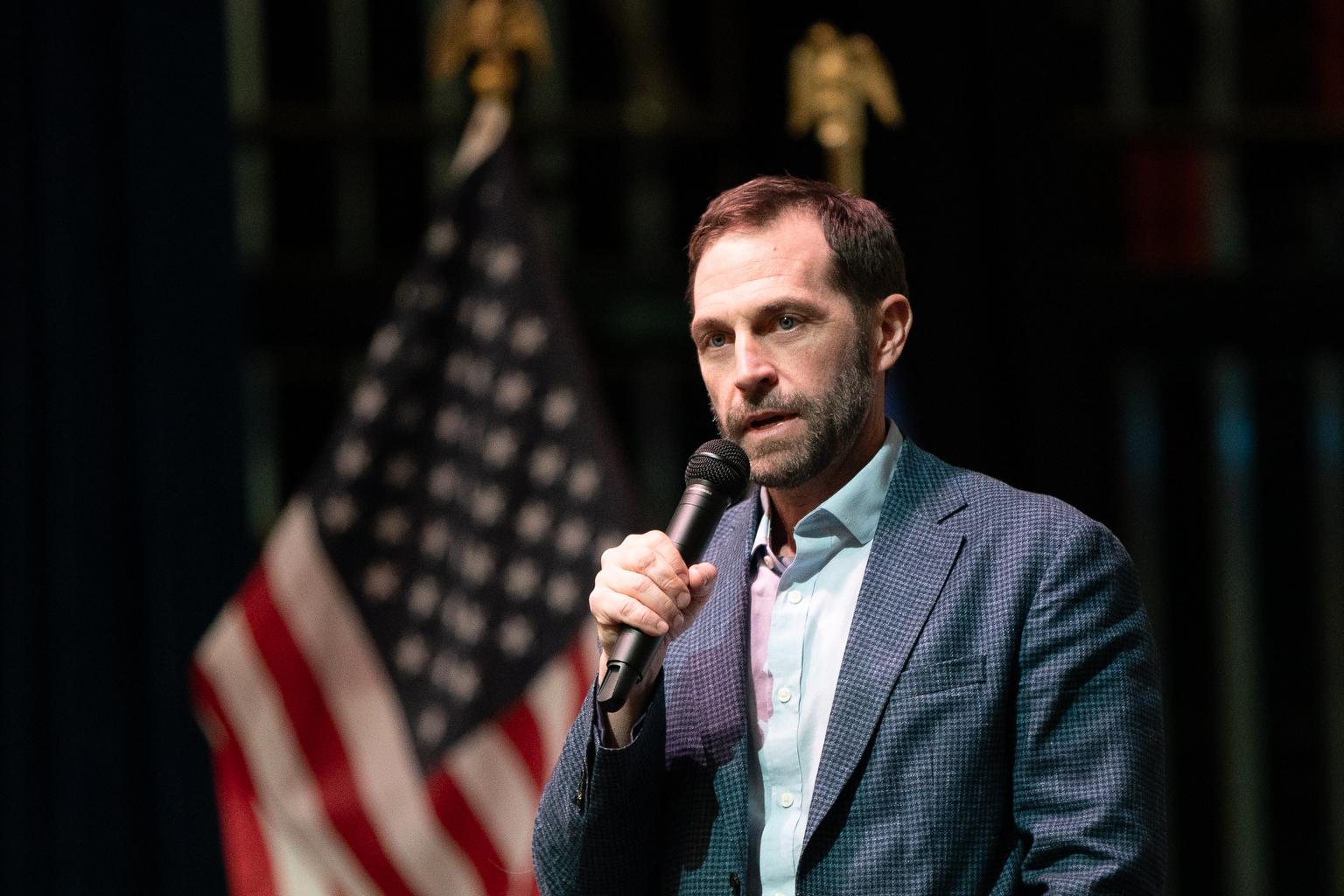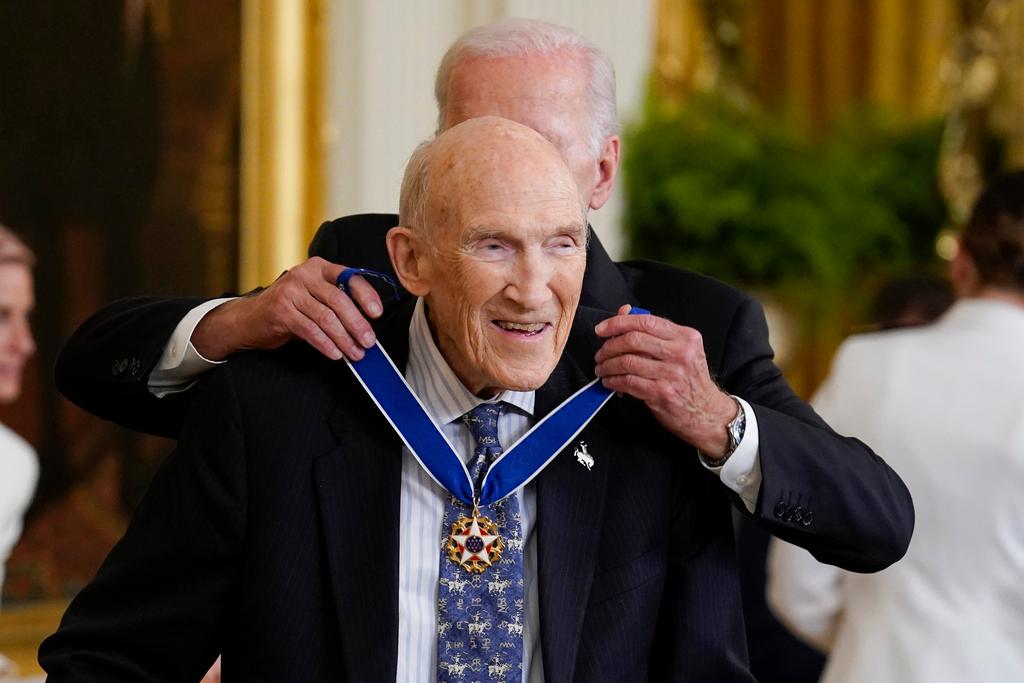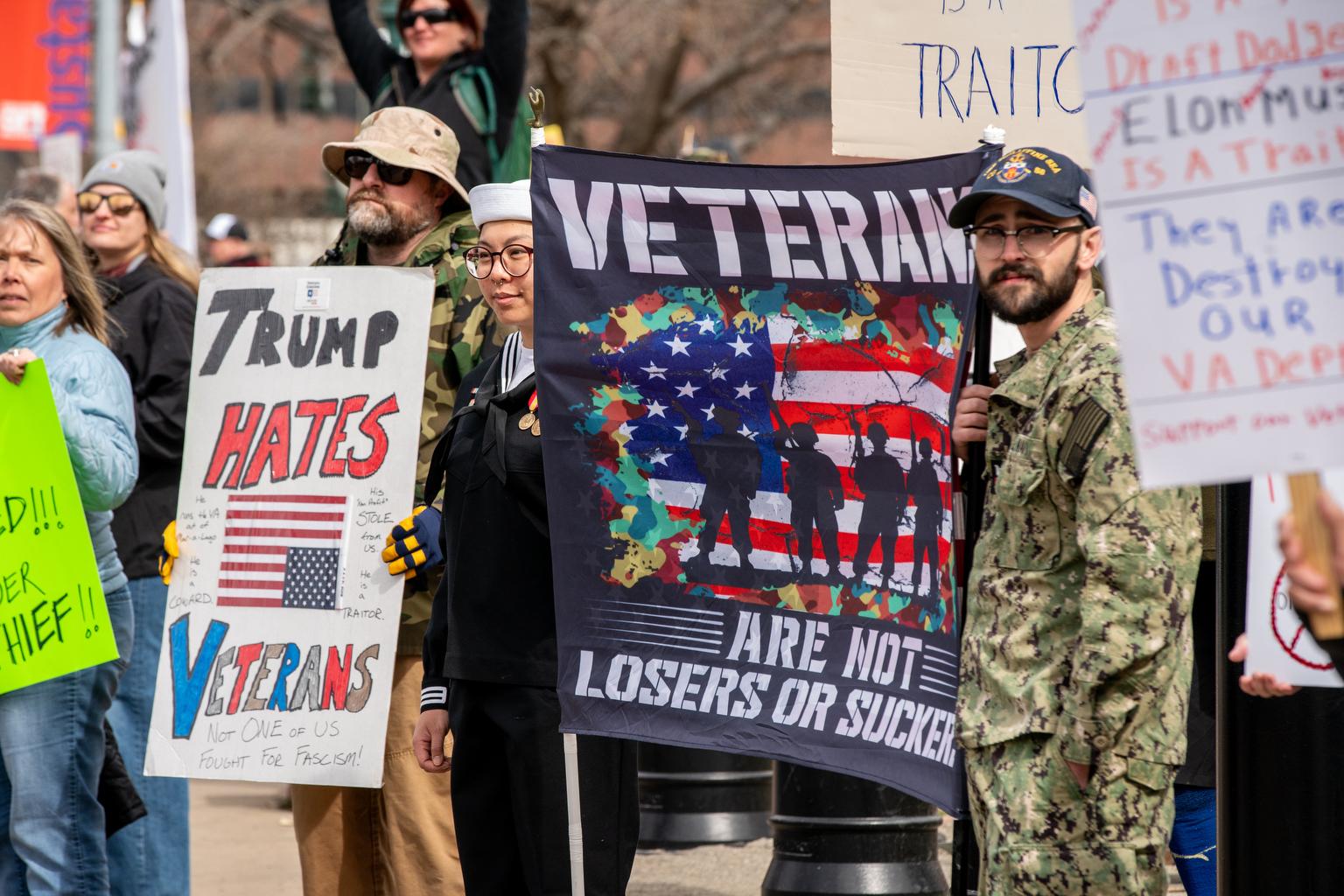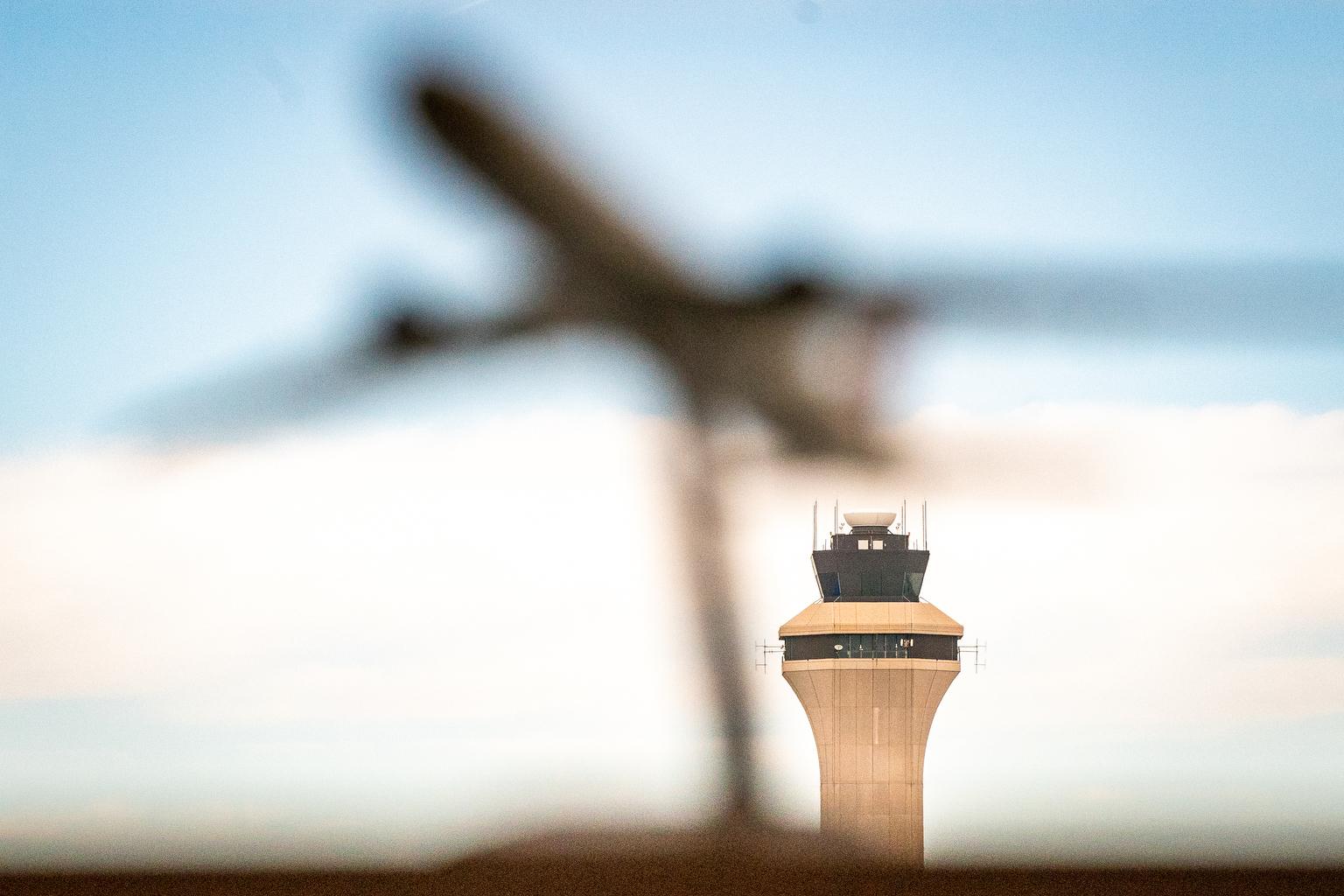Families across Colorado are hitting back to school sales, getting sports physicals and updating immunizations before classes start in a few weeks.
But for the growing number of homeless families in Colorado, those tasks can be difficult or impossible. The population of homeless kids enrolled in the state’s public schools jumped 20% last year over the previous school year - to nearly 23,000.
CPR Health Reporter Eric Whitney visited a back-to-school health fair for homeless kids in Denver Saturday, and has this story on what it means for them.
This is a transcript of Eric’s story.
Reporter: In a room crowded with of kids and parents, and volunteers, 7-year-old Daylin Stancil is taking inventory of what’s inside the brand new backpack he’s just been given.
Dalyin: A notebook, another notebook, a pencil bag, pencils....
Reporter: This is Daylin’s payoff for spending half a day standing in lines to get his eyes, ears and teeth checked, and getting a shot so his immunizations are up to date before he goes back to school at the end of the month.
Daylin: A box of pencils, a box of coloring pencils, another box of regular pencils….
Reporter: Daylin’s Mom, Pam Stancil has four kids, all but one are old enough to go to school or pre-school this fall.
A few months ago she split up with her husband, and things have been pretty rough since then.
Stancil: I was in a place, and the rent got too high for me, being as I’m a single mom now, and he just left me with nothing, so we ended up homeless for a minute. We were living here and there with family members, and I couldn’t pay them either, so....
Reporter: Stancil landed in a shelter for about a month. Now she’s in transitional housing and a job training program, with the promise of an affordable place of her own in the fall. She was really happy to hear about this free back to school health fair at Denver’s Stout Street Clinic for the Homeless.
Stancil: It came right in time, ‘casue they start school, I don’t have the money to buy their backpacks, and they all needed their immunization records caught up. So everything fell in place right on time.
Reporter: Things fell into place for Stancil because the Colorado Coalition for the Homeless spent weeks setting up the health fair, something it’s been doing for around 20 years. Jennifer Forman, who works for the Coalition says it requires a lot of outside help.
Forman: Just the school supplies and backpack drive is a huge job, and this year we were lucky to have help from the Denver Outlaws, US Bank and Dish Network, along with Facilities Management Association. All of those organizations help us collect supplies, through branches, at games, through their own employee drives, in fact. And they bring them in, and we have a big volunteer day where everybody helps stuff them.
Reporter: And that’s just the backpacks. The Coalition also brings in dozens of volunteers from vision and hearing clinics. C-U’s Pharmacy School sends people to help out with immunizations. Thousands of dollars worth of medical supplies and eyeglasses are donated, and a big R-V that’s been converted into a mobile dentist’s office parks out back. It stays for a week to follow up on any tooth problems they catch during today’s screenings.
Marti Shulte is a doctor at Stout Street Clinic, she says they wish they could help more kids than the 200 or so they saw Saturday.
Schulte: The number is actually based on how many we can actually take care of in a day, so the need is much greater than what we provide today. We have the capacity to deal with 200, and then we squeeze that capacity as much as we can for over 200.
Reporter: Not every family getting help today is homeless, and it’s not a requirement. But most of the people here heard about the kids fair through some kind of connection to the Coalition for the Homeless or Stout Street Clinic, which serves uninsured people and the homeless.
Nina Adams, who has housing and a job, brought her kids to try to save some money on their healthcare so she can afford some for herself. Her job with a security company doesn’t come with health benefits.
Adams: I was in a car accident in 2006, so, I needed medication for my foot, because I have arthritis in it, and no one ever helped me pay attention to that. So, it’s been 5 years, and now that the arthritis set in it hurts more, so I can’t get the medication I need. So, with that being said I was doing Ibuprofin and Tylenol, over the counter stuff which was messing up my body on the inside, so I’m not able to exactly get the pain medication that I do need.
Reporter: Adams says she can’t afford a surgery she needs to fix lingering problems from the car accident, and that she’s trying to find a better job with health insurance to get that taken care of.
The federal health care law that the Supreme Court upheld last June promises help for working people like Adams who can’t afford health insurance on their own. Subsidies to help low income families afford coverage are supposed to start in 2014, but they could be thrown out or reduced depending on the makeup of Congress and who’s in the White House after elections this fall.
It’s estimated that about 830-thousand Coloradans don’t have health insurance right now, and that more than a hundred thousand are children.









